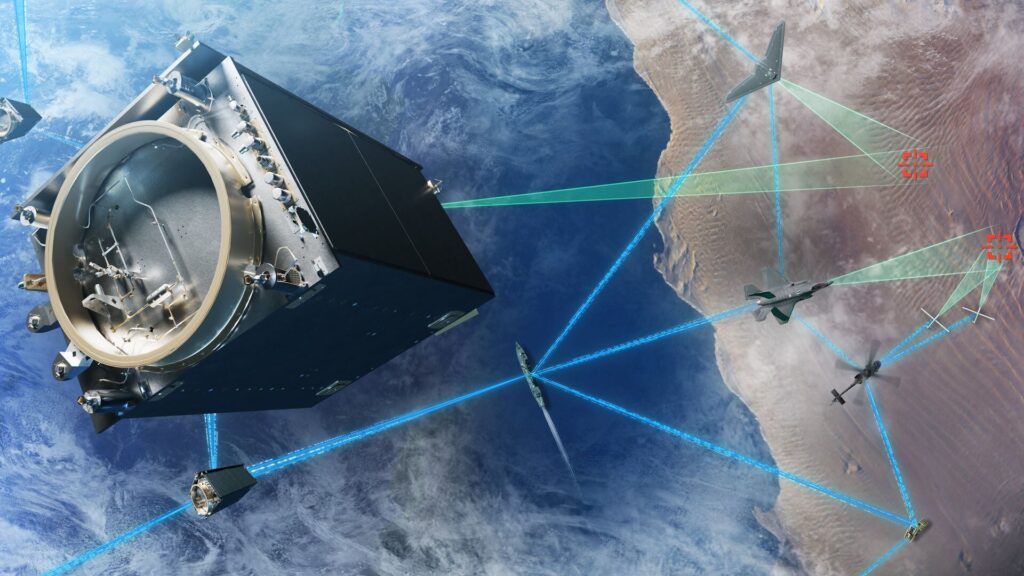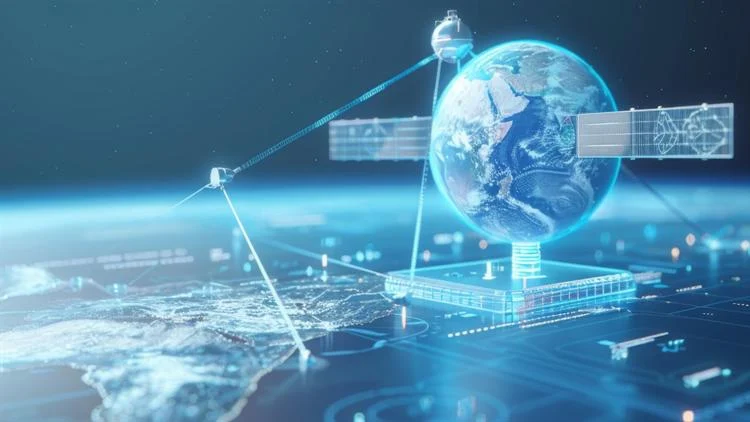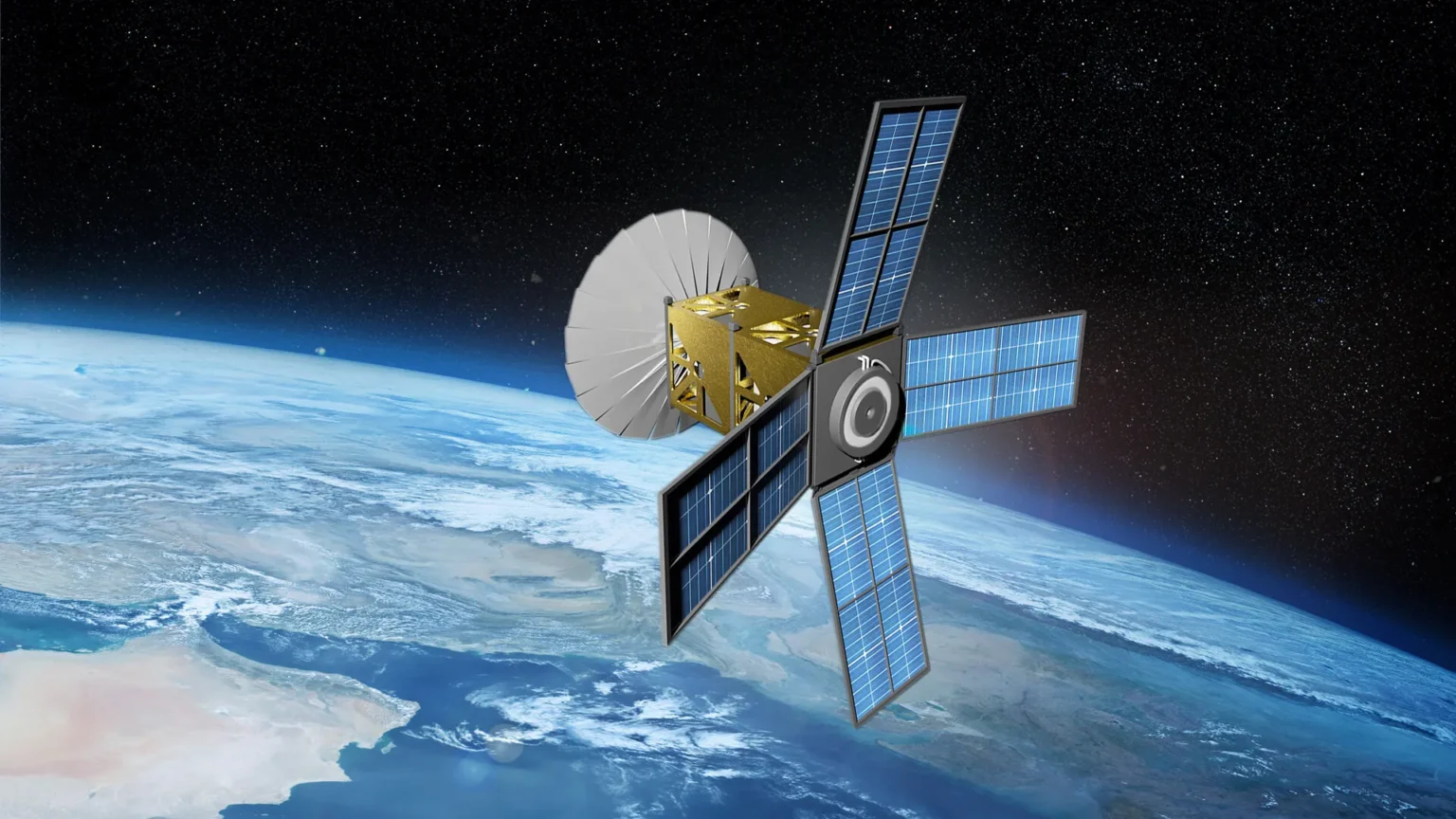A New Era for Kuwait’s Security
In an age where technology defines the strength and resilience of nations, Kuwait is stepping boldly into a future shaped by satellite technology. Satellites have long been the silent guardians of countries, offering crucial insights into weather patterns, border surveillance, communication networks, and intelligence gathering. For Kuwait, a nation strategically positioned in the Gulf region, the stakes are higher than ever. The evolution of satellite technology presents an opportunity to not only enhance national security but also to elevate Kuwait’s status as a technologically advanced nation prepared for the challenges of the 21st century.
Enhancing Border Surveillance
Kuwait shares borders with Iraq and Saudi Arabia, regions that have historically faced geopolitical tensions. Modern satellite systems equipped with high-resolution imaging provide unprecedented monitoring capabilities. These satellites can detect unusual movements, monitor border crossings, and identify potential threats in real time. By integrating satellite data with ground intelligence, Kuwait can ensure that its borders are not just protected but actively monitored for early warning signs of security breaches. This capability transforms the country’s defense strategy from reactive to proactive, reducing the likelihood of surprise attacks and enhancing overall national safety.
Strengthening Maritime Security
Kuwait’s coastline along the Persian Gulf is vital for trade, energy exports, and strategic security. Satellites play a crucial role in maritime surveillance, tracking vessels, monitoring illegal activities, and ensuring safe shipping routes. Advanced satellite-based systems can detect unauthorized or suspicious maritime traffic, allowing authorities to respond quickly and prevent potential security threats. In addition, satellite technology supports the management of oil infrastructure along the coast, ensuring that critical economic resources remain protected from environmental hazards or hostile actions.
Advanced Intelligence and Threat Detection
The power of satellite technology extends beyond visible monitoring. Modern satellites equipped with infrared sensors, radar imaging, and signal intelligence can detect activities that are otherwise hidden from traditional observation methods. This capability provides Kuwaiti security agencies with actionable intelligence, helping to identify potential threats before they materialize. From tracking suspicious movements in remote areas to monitoring developments in neighboring regions, satellite intelligence allows decision-makers to act with precision and confidence.

Disaster Response and Humanitarian Preparedness
National security is not limited to threats from other nations or terrorist activities. Natural disasters, environmental hazards, and humanitarian crises also pose significant challenges. Satellites enable early detection of storms, flooding, and other environmental risks, allowing Kuwait to prepare and respond effectively. Satellite imagery can also assist in coordinating disaster relief, ensuring that aid reaches the areas and people most in need. By integrating satellite technology into national security planning, Kuwait enhances its resilience against both man-made and natural threats.
Cybersecurity and Satellite Technology
As Kuwait invests in satellite systems, the importance of cybersecurity cannot be overstated. Satellites rely on complex communication networks that are vulnerable to cyberattacks. Ensuring that these systems are secure protects not only the satellite infrastructure but also the sensitive data it collects. Advanced encryption, continuous monitoring, and proactive cyber defense strategies are essential to safeguarding Kuwait’s satellite assets. A secure satellite network strengthens the overall defense framework, making it difficult for adversaries to disrupt communication or compromise critical intelligence.
Supporting Military Operations
Satellites have become integral to modern military operations. From coordinating troop movements to providing real-time reconnaissance, satellite technology enhances the efficiency and effectiveness of defense forces. For Kuwait, this means that military units can operate with greater precision and situational awareness. Satellite-guided systems improve targeting accuracy, support rapid deployment of forces, and provide secure communication channels even in remote or challenging environments. This technological advantage not only boosts operational readiness but also strengthens deterrence, signaling Kuwait’s ability to protect its sovereignty.
Economic and Technological Benefits
Investing in satellite technology goes hand in hand with economic growth and technological advancement. Developing, launching, and maintaining satellites stimulates local expertise in engineering, data analysis, and cybersecurity. This creates new opportunities for research, innovation, and skilled employment, positioning Kuwait as a regional leader in advanced technologies. Moreover, satellite-driven applications in weather forecasting, agriculture, and urban planning contribute indirectly to national security by ensuring that the country can adapt to climate challenges and maintain sustainable development.
Regional Collaboration and Global Partnerships
Kuwait’s pursuit of advanced satellite technology opens doors to international collaboration. Partnering with other nations on satellite projects, data sharing, and research initiatives strengthens diplomatic ties and enhances collective security in the Gulf region. These partnerships provide access to cutting-edge technology, reduce costs, and promote knowledge exchange. By actively participating in regional and global satellite initiatives, Kuwait demonstrates its commitment to proactive security measures and positions itself as a forward-thinking nation in international defense and technology circles.
The Role of Artificial Intelligence in Satellite Systems
Artificial intelligence (AI) is transforming the way satellites operate and process data. By integrating AI into satellite systems, Kuwait can analyze vast amounts of information in real time, detecting patterns and anomalies that human operators might miss. AI-powered systems can predict potential security threats, optimize surveillance coverage, and even automate decision-making processes in critical situations. This synergy between AI and satellite technology ensures that Kuwait remains at the forefront of innovation while maintaining a strong and agile national security apparatus.
Challenges and Future Considerations
While the benefits of satellite technology are clear, Kuwait must also navigate challenges associated with costs, technical expertise, and security risks. Satellites require significant investment in infrastructure, research, and skilled personnel. Furthermore, as the number of satellites in orbit increases globally, the risk of collisions and space debris grows. Ensuring sustainable and secure satellite operations will be essential for Kuwait’s long-term strategy. By prioritizing training, international cooperation, and robust cybersecurity measures, Kuwait can overcome these challenges and continue to strengthen its national security capabilities.

Vision for the Next Decade
Looking ahead, Kuwait’s investment in satellite technology signals a clear vision: a nation resilient against threats, proactive in defense, and technologically empowered. As satellites become more sophisticated, they will enable Kuwait to monitor its borders and seas with unparalleled precision, respond to crises quickly, and maintain a strategic advantage in an increasingly complex geopolitical landscape. The integration of AI, secure communication networks, and regional collaboration ensures that the country is not only prepared for today’s challenges but also ready for the uncertainties of the future.
Conclusion: A Secure and Technologically Empowered Kuwait
Kuwait’s commitment to satellite technology represents more than a technological advancement; it embodies a strategic approach to national security that combines innovation, foresight, and resilience. By embracing satellites, AI, and secure communication systems, the nation strengthens its ability to protect borders, monitor threats, respond to emergencies, and foster economic growth. This vision of a technologically empowered and secure Kuwait is within reach, reflecting a future where national security is enhanced through intelligence, innovation, and collaboration. The journey toward satellite-driven security not only safeguards the nation but also inspires confidence in Kuwait’s ability to thrive in a rapidly changing world.
Also Read – Kuwait’s Entrepreneurs Revolutionizing Food-Tech with Bold Innovations



